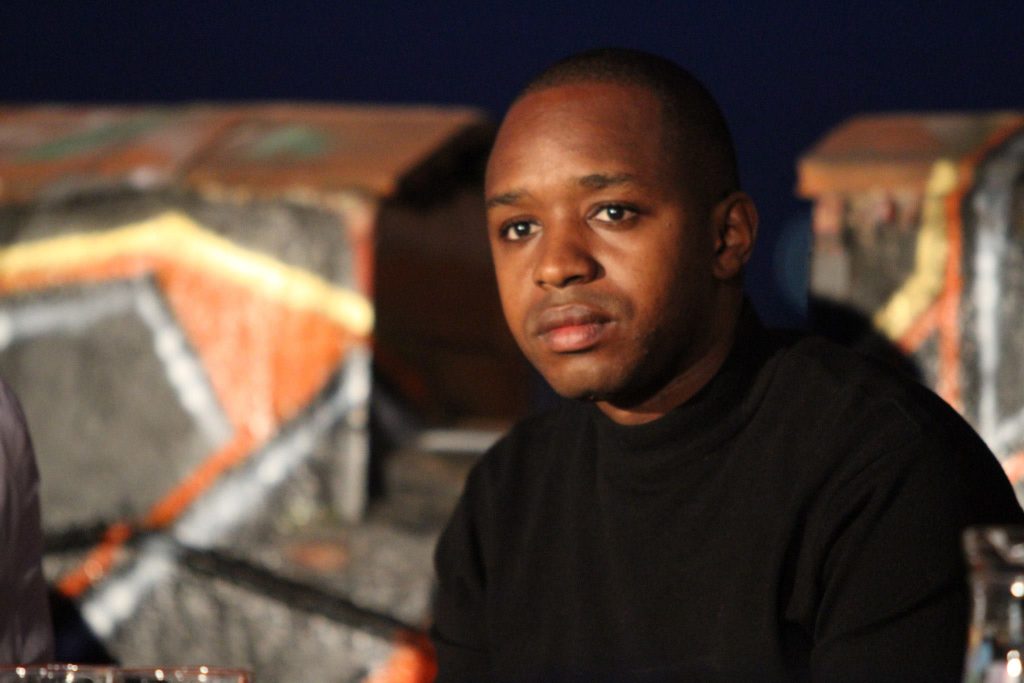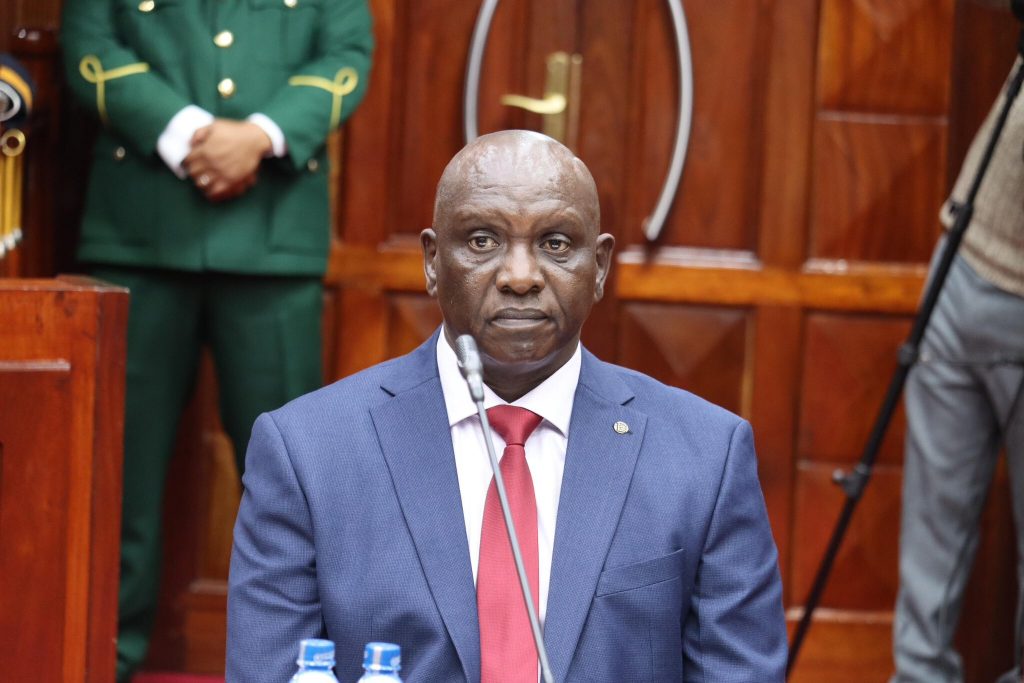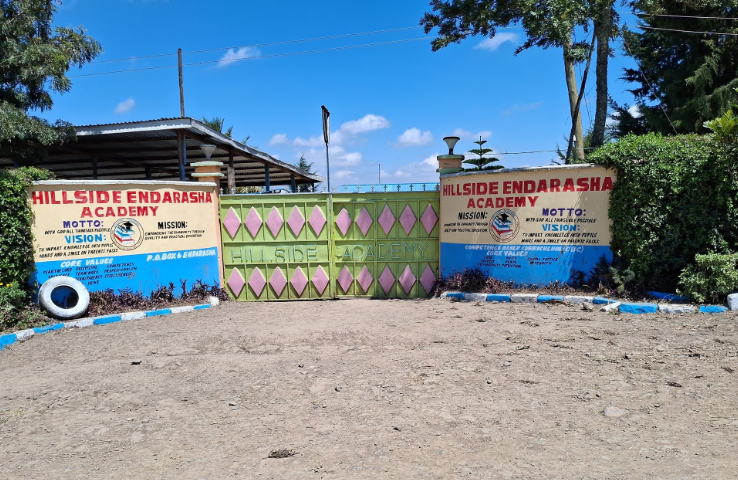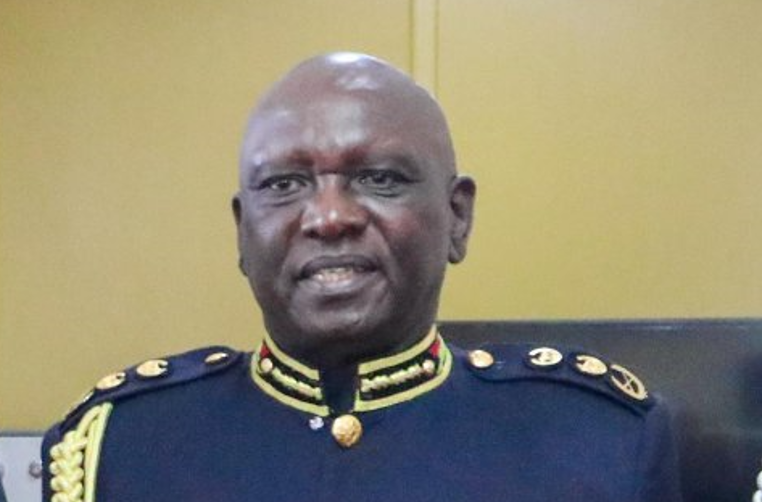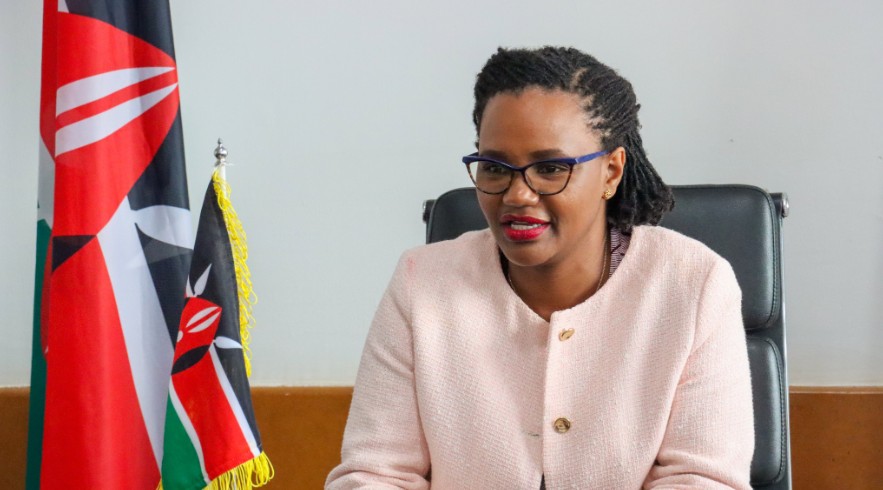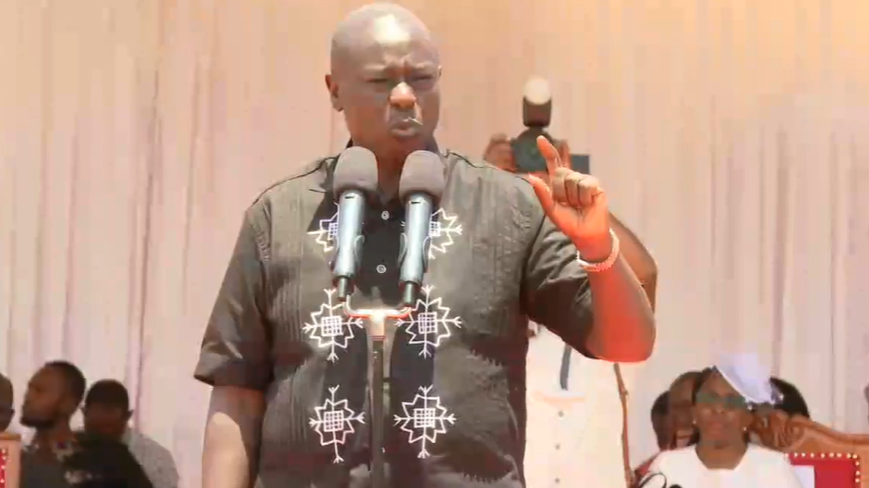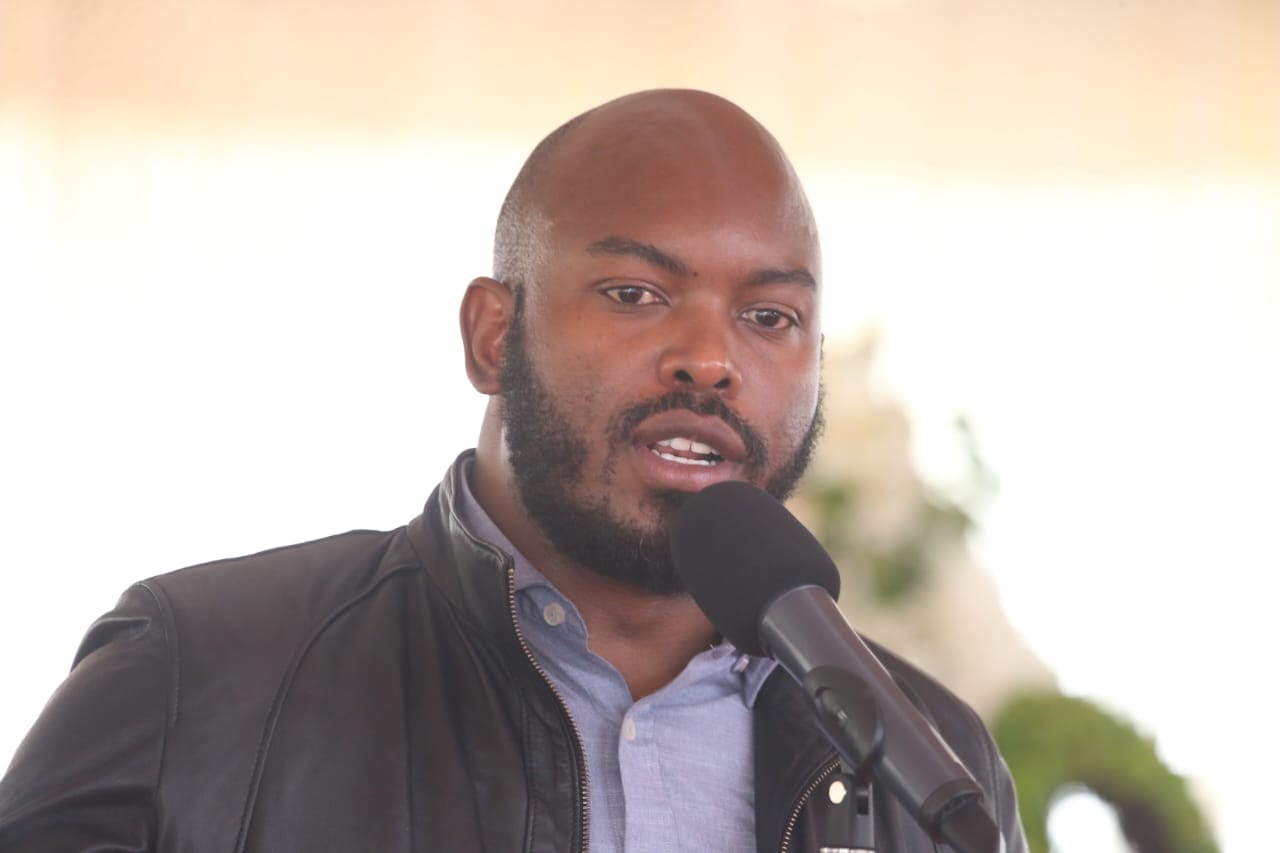Victor Bwire
The mysterious disappearance of Tanzanian journalist Azory Gwanda, whose fate remains unknown, and the deaths of two Kenyan journalists–Henry Nyaruri and John Kitiyu—should worry every media stakeholder.
The impunity that relates to violators of press freedom seems a routine, and however unacceptable, seems a major factor threatening access to quality information to citizens in many countries. Other threats to professional journalism include corruption, lack of training, skewed employment and working policies, misinformation and financial constraints.
The wanting situation of media freedom is worrying and the response from the duty bearers locally is even more concerning. Cases of harassment of journalists reported to investigating agencies are alarming, to say the least. Consequently, the national safety and protection of journalists’ mechanism formed by media stakeholders needs to be rejuvenated.
We need a robust engagement within the sector to ensure freedom of speech and citizens right to access information.
In 2018, the UN and press freedom organisations reported that over 99 journalists and media workers were killed, over 300 detained and 60 were being held hostage. This is happening even within the context our countries having national, regional and global conventions enshrined in Article 19 of the Universal Declaration of Human Rights, which guarantees “freedom to hold opinions without interference…”
The recent Global Conference for Media Freedom in London co-hosted by the UK and Canada is one such indication of growing concern about press freedom.
The forum was part of an international campaign to respond to the UN Secretary General’s call to “protect journalists and media workers, and to create the conditions they need to do their essential work”.
In addition to physical threats, the widespread use of digital technologies with associated disinformation, previously a feature of print and broadcast media, into the online world has dented the credibility of the media, which must be confronted.
As in the rest of the world, Kenyan media are operating in an unpredictable and swiftly changing political, social, cultural, economic and technological environment that has heavily influenced its performance.
The worst is the hostile and inadequate political, legal, policy and regulatory environment that continue to negatively impact on the media in the country.
While the media have taken advantage of the expanded democratic space and proved effective and more vigilant in reporting on human rights abuses, gaps still exist between the fourth estate and human rights organisations.
On the one hand, rights organisations have complained about the media’s inadequate and sometimes reckless coverage of human rights issues, while on the other hand journalists have tended to criticise the lack of relevant and newsworthy information being provided by the organisations. The media have been receptive to the human rights discourse but they need support, which cound be done through training.
It is worth noting that a free media have a critical role to play in the democratisation process. Media must be left to do their work without intimidation.On their part journalists must uphold integrity and professionalism while discharging their duties. The writer is Deputy CEO, Media Council of Kenya.


